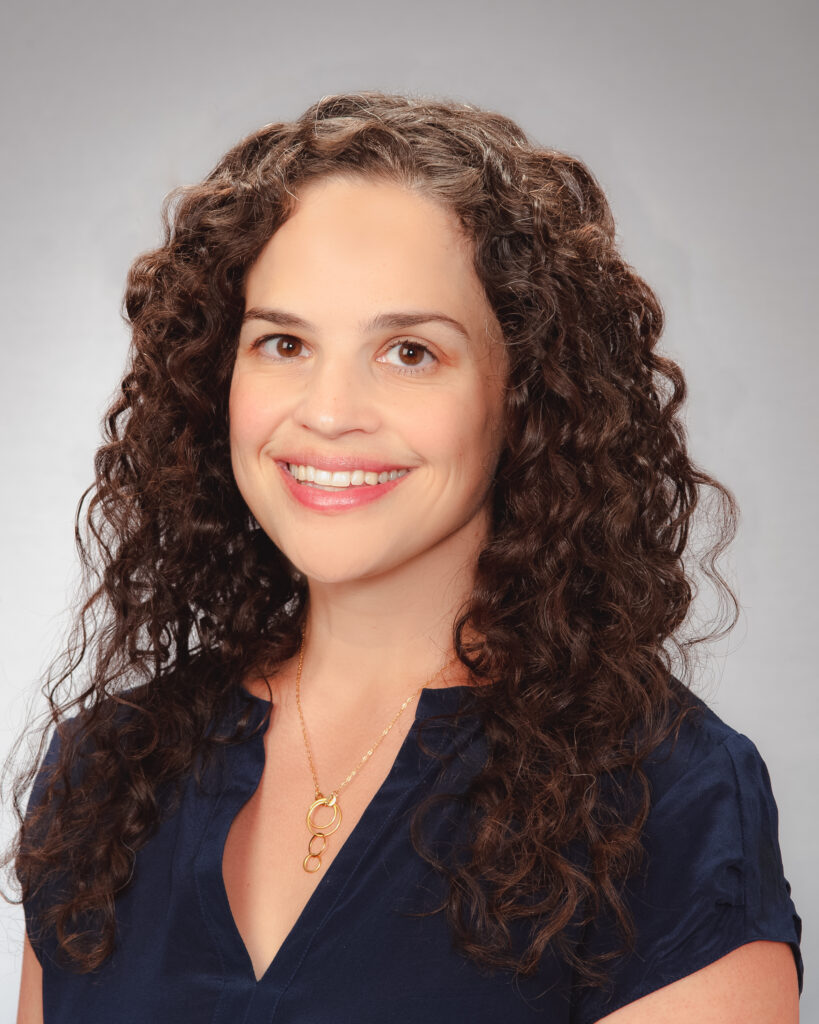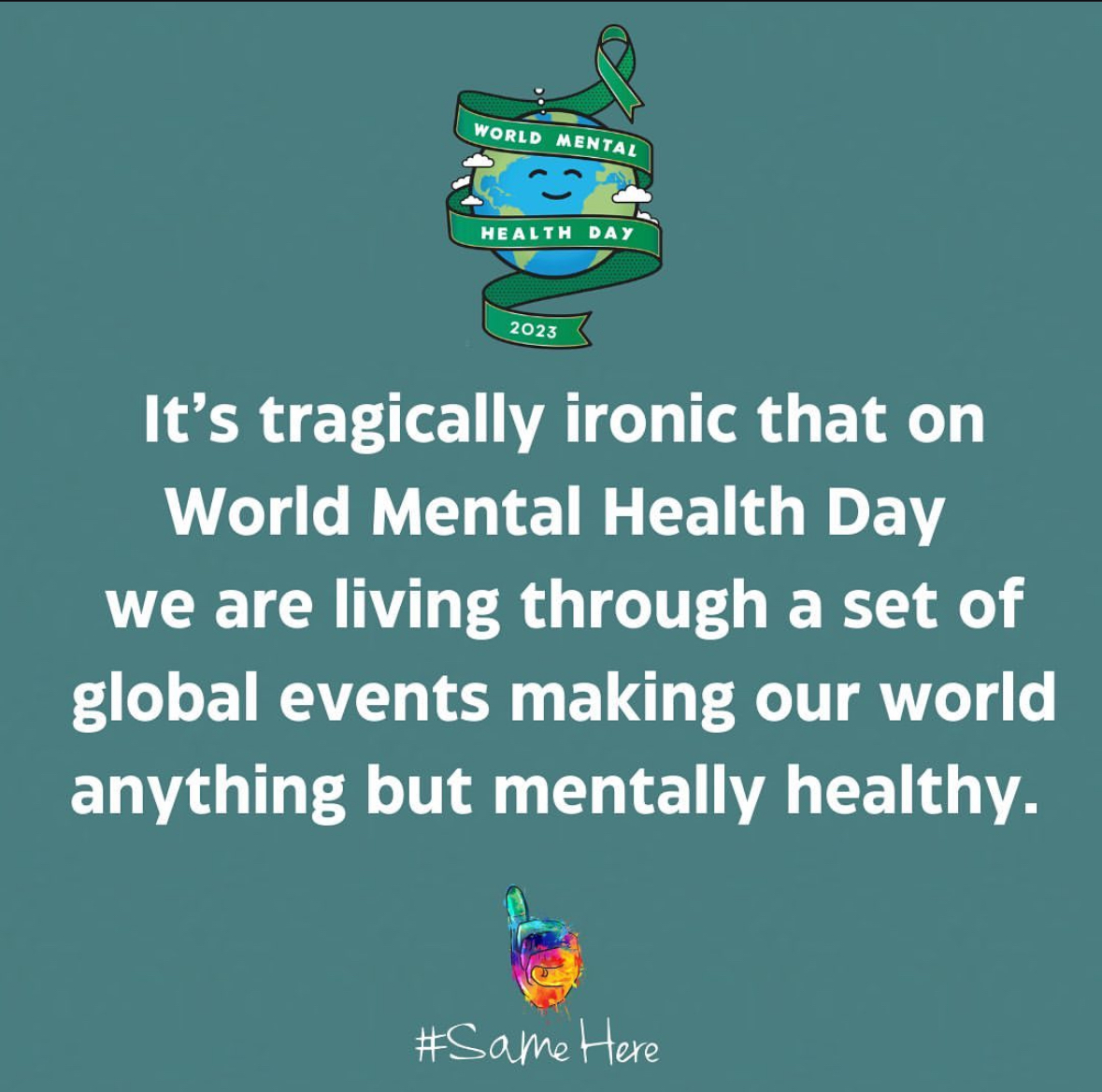Between college and medical school I was afflicted with Lyme disease, and had a prolonged course of illness, including neurologic symptoms. At some point, I reached the edge of what Western medicine was able to offer, and turned to alternate healing modalities which not only helped with symptoms relief, but helped with acceptance as well, a critical element of healing. I decided to go to school to be a yoga teacher before attending medical school, to better understand that which was so helpful to me. This experience shaped my desire to go practice integrated medicine, though at the time I did not yet know I wanted to practice psychiatry specifically. Ultimately, part of what drew me to psychiatry was the profound way in which yoga could be helpful in this field.




